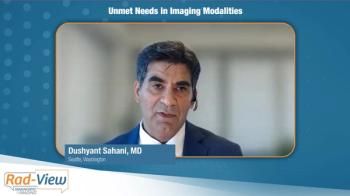
Joseph Cavallo, MD, MBA, and Dushyant Sahani, MD, discuss unmet needs in imaging modality technology and the contrasting agents used.

Joseph Cavallo, MD, MBA, and Dushyant Sahani, MD, discuss unmet needs in imaging modality technology and the contrasting agents used.

Experts discuss discuss the American College of Radiology recommendations regarding the use of contrast media and their guidance related to the use of generics during supply shortages.

Joseph Cavallo, MD, MBA, and Dushyant Sahani, MD, discuss generic agents iodixanol injection and gadoterate meglumine injection for the use in imaging modalities.

Wayne G. Brisbane, MD, of the University of California, Los Angeles, discussed the challenges of focal therapy for prostate cancer and how Unfold AI can help improve the accuracy of this treatment, as well as help counsel patients during the treatment decision process.
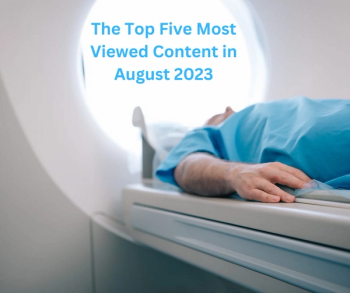
Catch up on the top five most viewed content at Diagnostic Imaging in August 2023.
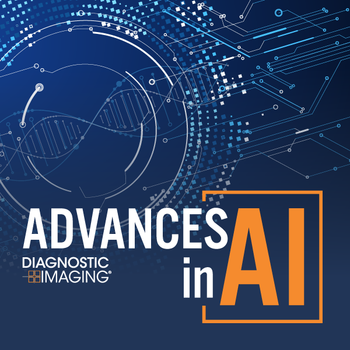
Catch up on the top AI-related news and research from the past month.

Catch up on the top radiology content of the past week.

Experts discuss the concept of generics and how they have traditionally been utilized in the healthcare space.

Joseph Cavallo, MD, MBA, and Dushyant Sahani, MD, provide an overview of the different imaging technique protocols needed for contrast agents.
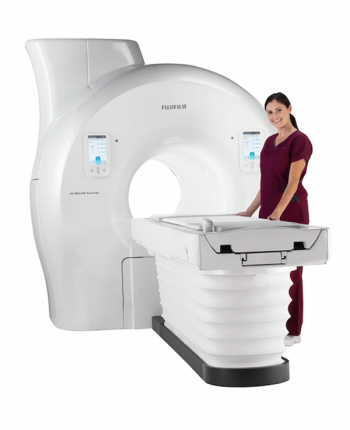
The Echelon Synergy MRI system reportedly uses deep learning technology to accelerate image acquisition and enhance image quality.
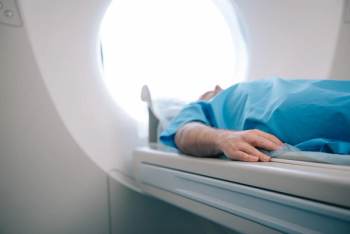
When facilities routinely forward X-rays for “pain,” vascular ultrasound studies without Doppler or chest computed tomography (CT) scans devoid of breath holding, patient care suffers.

Catch up on the top radiology content of the past week.

Radiology experts discuss the role of contrast agents in imaging and the impact these agents have on image quality.

Joseph Cavallo, MD, MBA, and Dushyant Sahani, MD, provide a brief overview of imaging modalities and their importance in medical diagnosis and treatment.
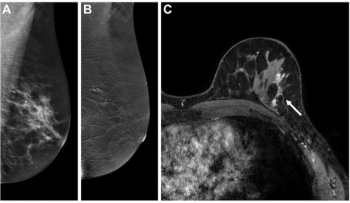
In a new study comparing standard breast MRI, abbreviated breast MRI and contrast-enhanced mammography in supplemental breast cancer screening, researchers found that MRI offered a greater than 14 percent higher cancer detection rate and a nearly 39 percent higher sensitivity rate than CEM.

Catch up on the top radiology content of the past week.

Emerging research suggests that a high volume of enhancing parenchyma on dynamic contrast-enhanced MRI more than doubles the breast cancer risk for women with extremely dense breasts.
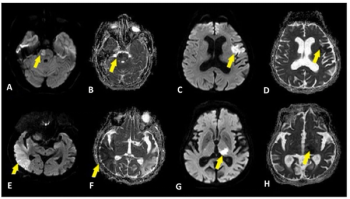
The most common brain MRI findings associated with COVID-19 included acute/subacute infarction in 22 percent of patients and cerebral microbleeds in 17 percent of patients.
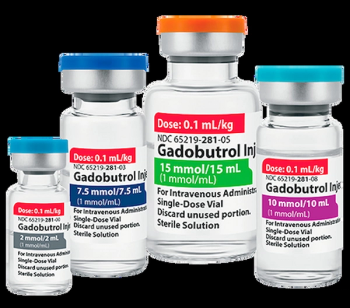
The indications for Gadobutrol injection, a generic substitute for Gadavist, include neurovascular and cardiovascular assessments as well as breast malignancy detection with magnetic resonance imaging (MRI).

Does access to prior imaging results have to be mission impossible for teleradiologists?

The controversial Independent Dispute Resolution (IDR) process of the No Surprises Act was temporarily suspended by the CMS on August 4 due to a federal court ruling that vacated a substantial administrative fee increase and batching rule from the CMS that reportedly curtailed challenges of claim reimbursement by radiologists and other providers.

Catch up on the top radiology content of the past week.

Catch up on the top AI-related news and research from the past month.
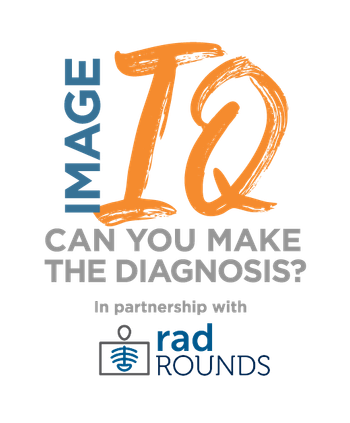
Review the case study and test your knowledge to make the correct diagnosis.
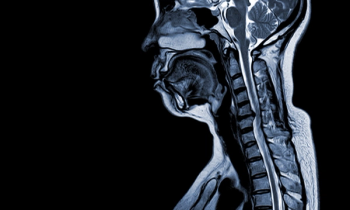
What do you do with a CD of imaging that has no information on the doc requesting the radiologist read?